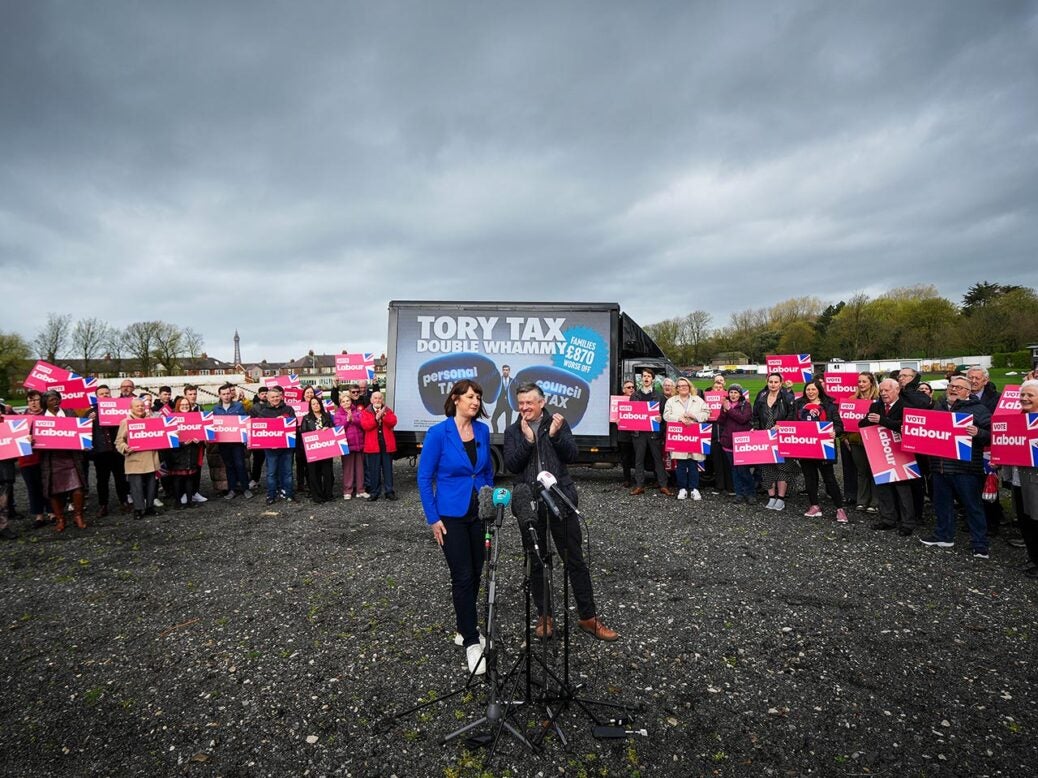
Ever been to Blackpool? Faded seaside town – one of those rough-and-ready, cheap-as-chips getaways for any northerner on the wrong (and, yes, right) side of the Pennines, posh and poor, looking for nothing but good excess at little expense.
But it hosts some of the poorest and most deprived neighbourhoods in Britain. Starved of central government support, and with little sustained business investment to replace it, the town has been a victim of the brain drain, like so many other British seaside settlements. The young have grown in Blackpool, and left Blackpool, leaving a disproportionately older electorate to keep the town on its feet.
But today we turn to Blackpool South, a constituency that like Blackpool North, went for Brexit by a hefty margin in 2016, but uniquely returned a Conservative in 2019, reversing almost three decades of Labour representation.
However, its most recent MP, the Conservative Scott Benton, has resigned following his suspension from the Commons after saying to undercover reporters that he would be willing to break lobbying rules for money. There will be a by-election on 2 May. According to my Britain Predicts forecast model – which has admirable form for predicting by-elections – a Labour gain here is almost certain: it’s on 50 per cent to the Conservatives’ 30 per cent.
I include the 2015 figures in the chart to illustrate that in Blackpool South, as in much of northern England, those shock Tory gains from Labour in 2019 – routing the so-called workers' party from the so-called Red Wall – came as a consequence of the Tories “uniting the right”. Those that voted for Ukip in 2015 have a diverse voting history. Some went Labour in 1997 and 2001, but stopped voting by 2010 or had moved elsewhere. Some went Lib Dem, as the next-best “plague on all your houses” party of the early 2000s, but by 2015 all resonated with Nigel Farage. Those 2015 Ukippers, along with Labour’s own defectors and rising apathy, pushed the Conservatives over the line in many 2019 northern battlegrounds.
But while the partying in Blackpool goes on all year round, for the Conservatives it appears all but over. Their reputation on the economy – a byword for competence – has been shattered. From 2008 until the closing days of Boris Johnson in 2022 the Tories were unchallenged on which party was best placed to manage the economy. Today, they are perceived as being unable to fix the most menial of economic problems – macro and micro – and Labour, by default, will benefit.
Everyone I speak to in the campaign – at least those who aren’t trying to spin their own yarn to me – are bullish about their prospects in Blackpool. Last year's May local elections saw the party score enough gains to wrest majority control of the council with 48 per cent of the vote to the Tories’ 43 per cent. Though there were clear council wins for Labour in 2023, I would note that across Blackpool as a whole the Tory fall from grace wasn’t quite as stark as it was in the Midlands and south. A parliamentary by-election will be different, but the local Tory vote isn’t collapsing.
Whatever the by-election, and general election, results, it appears Blackpool will remain a key battleground for years to come. Which, cynically, might benefit Blackpool. Labour has recovered in the north, in England's seaside towns, and there is little doubt that in most locales it will win. But the recovery here isn't, and won't be, quite as great as elsewhere. Labour is forecast to take 40 per cent against a backdrop of a Labour landslide nationally. But in 1997 the party was doing much better here than where they are forecast now.
A YouGov MRP forecast put out the other week anticipated that not only were the Conservatives going to lose Blackpool by a canter, but they were at risk of falling to third place behind Reform. My model has them on a firm third, some 16pts behind the Tories. And not once have they outperformed my model in by-elections.
The best Ukip did on the locale was in 2015, with 17 per cent of the vote, just 3pts north of where I'm pitting Reform now.
The argument that Reform's vote, unlike Ukip's, is coming exclusively from the Tories, is a true one. But the type of Tories swinging Reform's way are almost exclusively those that went for Boris in 19, Leave in 16, Ukip in 15 and the Tories, Labour, and Lib Dems in 2005 and 2010. Their history is a diverse one, but in 2019 - which is what a pollster's data-tables show us - they were firm Boris backers.
It is because of this that I fear YouGov may be overestimating the scale of Tory transfers to Reform in seats like these, to the point Reform overtakes them. There is - was - more to the Tory vote in the north than its Kipper bedfellows. The Cons should still come second in the May by-election.
On current nationwide polling we can expect a Labour gain here by a margin of 20 points, which nationally would put the party on course for 400 plus parliamentarians. Were Labour to win Blackpool South by just, say, ten points, that would suggest Labour is on course for a more conciliatory majority, with 340-370 seats in the Commons.
Regardless of the national context, Blackpool South looks like a swift and simple Labour gain. Their campaign would be doing something very badly wrong to “achieve” anything else.
[See also: Who would win if an election was held today?]


